“God of Abraham, God of Isaac, and God of Jacob, blessed are you. Help me, who am alone and have no help but you.” These words still feel as tangible and heartfelt as they must have seemed to anyone who could hear them echo through the halls of the palace where Esther was made queen. Here was a woman of such profound strength because she knew God would grant her what she needed when she needed it. It would have been easy for her to take full credit for her ability to come to the defense of those she loved, but instead she gave full credit to God and relied on him for everything.
Today, I think one of the major heresies that we struggle with in our modern day is Pelagianism. Named for its author, Pelagius, this is essentially the idea that original sin does not exist and that we can actually live as good Christian people apart from the grace of God. The proverbial, “pull yourself up by your own bootstraps” mentality plagues our culture today as we become more technologically and scientifically advanced. The more money, power, and prestige that we possess, the easier it is to believe that we do not need our creator. And we have been warned what happens when we don’t believe we need a creator anymore. The book of Romans makes it clear that, “they exchanged the truth about God for a lie and worshiped and served the creature rather than the Creator, who is blessed forever!”
How many people do you know in your life who rely more on material possessions and their own ingenuity first and then if there is any room left maybe they throw up a quick prayer or ask for positive vibes? This is one of the reasons that Lent and specifically fasting and almsgiving are so important. When we start to deny ourselves certain things and give up our possessions we start to realize that nothing belongs to us. All is gift. All things have been given to us by God and we are called to be good stewards of the things we have and realize that without God we are nothing. This isn’t to put ourselves down or make it seem like we are no good, on the contrary, when we realize how we were created and who we are loved by, we are very good indeed. But this goodness is due to God, not ourselves. WE STILL NEED HIM.
During these times of uncertainty, discussions of war have been on everyone’s mind. I don’t think it’s an accident that today’s readings and the state of the world come to us during Lent. It has led me to ask a very important daily question which I encourage all of you to ask during this season. If I were to wake up tomorrow and lose everything except the things I have actively thanked God for, what would be left?
Are we thanking God for his constant gifts? Are we aware of how he is working in our lives or are we shutting him out with all the noise? Lent is the time to deny ourselves so that we can see our reliance on God and our call to give to others. Let’s try to live by Esther’s example of crying out, “Help me, who am alone and have no help but you.” From all of us here at Diocesan. God bless!

Tommy Shultz is a Business Development Representative for Diocesan. In this role he is committed to bringing the best software to dioceses and parishes while helping them evangelize on the digital continent. Tommy has worked in various diocese and parish roles since his graduation from Franciscan University with a Theology degree. He hopes to use his skills in evangelization, marketing, and communications, to serve the Church and bring the Good News to all. His favorite quote comes from St. John Paul II, who said, “A person is an entity of a sort to which the only proper and adequate way to relate is love.”
Feature Image Credit: nikko macaspac, https://unsplash.com/photos/6SNbWyFwuhk

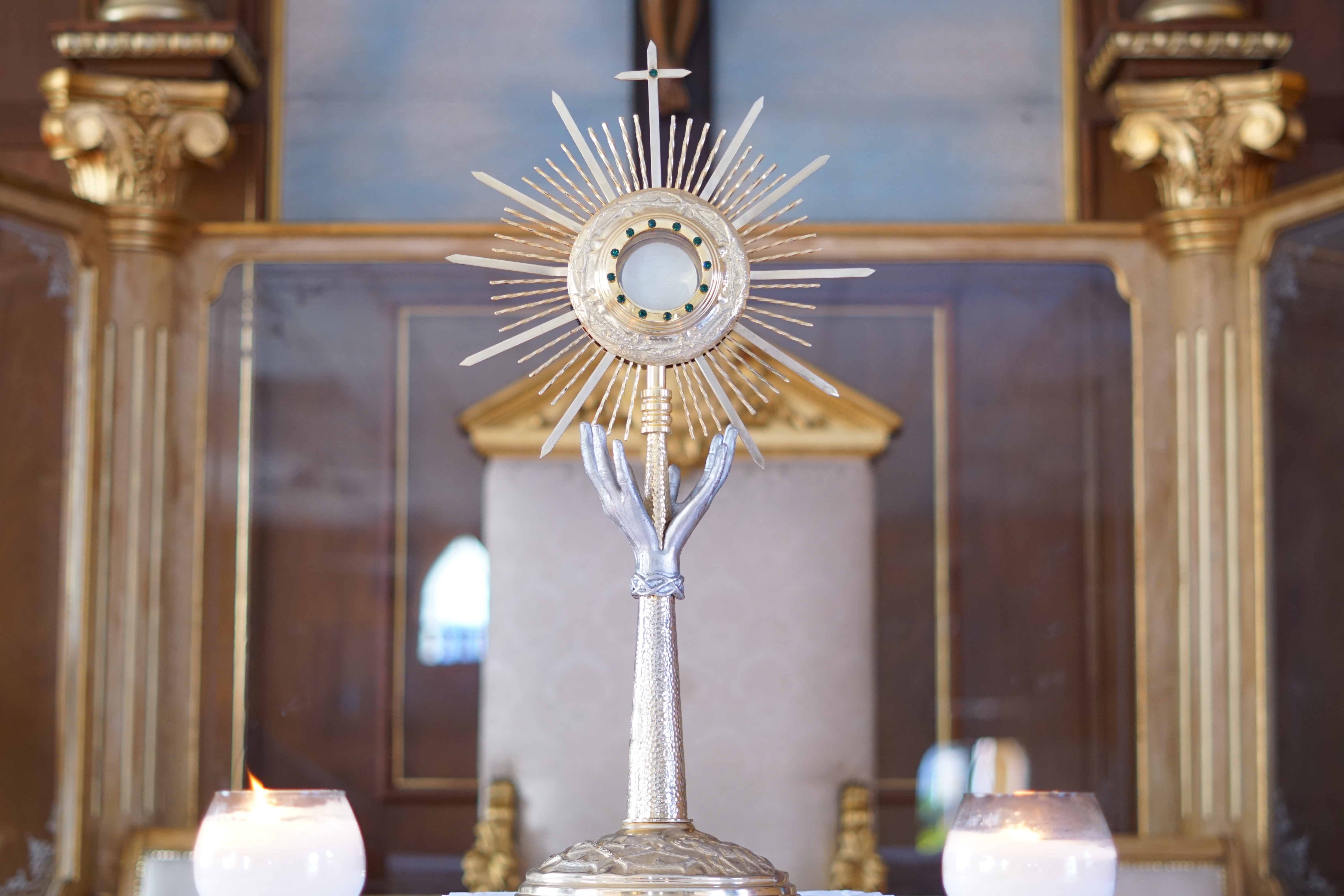
 Kate Taliaferro is an Air Force wife and mother. She is blessed to be able to homeschool, bake bread and fold endless piles of laundry. When not planning a school day, writing a blog post or cooking pasta, Kate can be found curled up with a book or working with some kind of fiber craft. Kate blogs at
Kate Taliaferro is an Air Force wife and mother. She is blessed to be able to homeschool, bake bread and fold endless piles of laundry. When not planning a school day, writing a blog post or cooking pasta, Kate can be found curled up with a book or working with some kind of fiber craft. Kate blogs at 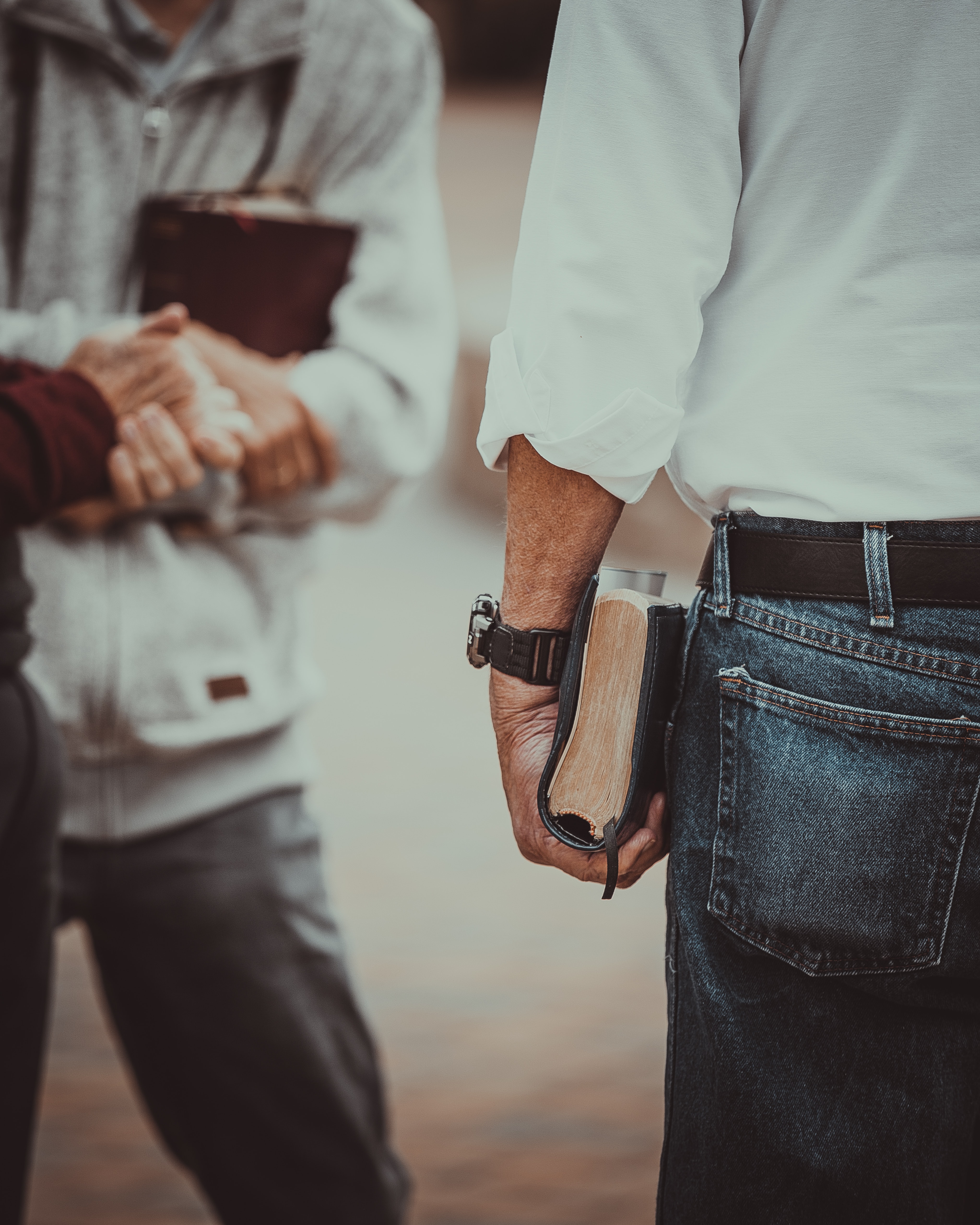
 Christine Hanus is a thwarted idealist who, nevertheless, lives quite happily in Upstate NY. She is a wife and mother of five grown children.
Christine Hanus is a thwarted idealist who, nevertheless, lives quite happily in Upstate NY. She is a wife and mother of five grown children.


 Kathryn Mulderink, MA, is married to Robert, Station Manager for Holy Family Radio. Together they have seven children (including Father Rob), and four grandchildren. She is President of the local community of Secular Discalced Carmelites and has published five books and many articles. Over the last 30 years, she has worked as a teacher, headmistress, catechist, Pastoral Associate, and DRE, and as a writer and voice talent for Catholic Radio. Currently, she serves the Church by writing and speaking, and by collaborating with various parishes and to lead others to encounter Christ and engage their faith. Her website is
Kathryn Mulderink, MA, is married to Robert, Station Manager for Holy Family Radio. Together they have seven children (including Father Rob), and four grandchildren. She is President of the local community of Secular Discalced Carmelites and has published five books and many articles. Over the last 30 years, she has worked as a teacher, headmistress, catechist, Pastoral Associate, and DRE, and as a writer and voice talent for Catholic Radio. Currently, she serves the Church by writing and speaking, and by collaborating with various parishes and to lead others to encounter Christ and engage their faith. Her website is 

 Tami Urcia grew up in Western Michigan, a middle child in a large Catholic family. She spent early young adulthood as a missionary in Mexico, studying theology and philosophy, then worked and traveled extensively before finishing her Bachelor’s Degree in Western Kentucky. She loves tackling projects, finding fun ways to keep her little ones occupied, quiet conversation with the hubby and finding unique ways to love. She works at her parish, is a guest blogger on
Tami Urcia grew up in Western Michigan, a middle child in a large Catholic family. She spent early young adulthood as a missionary in Mexico, studying theology and philosophy, then worked and traveled extensively before finishing her Bachelor’s Degree in Western Kentucky. She loves tackling projects, finding fun ways to keep her little ones occupied, quiet conversation with the hubby and finding unique ways to love. She works at her parish, is a guest blogger on 
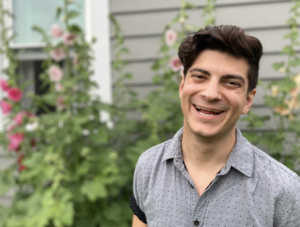 Arthur Richardson is married to his wonderful wife, Gabby Richardson. They will be married for two years this January! Most of his work experience is in ministry. He was a retreat missionary in Wisconsin for two years and a youth minister for three years. He is now the Web Project Manager here at Diocesan, and loves it!
Arthur Richardson is married to his wonderful wife, Gabby Richardson. They will be married for two years this January! Most of his work experience is in ministry. He was a retreat missionary in Wisconsin for two years and a youth minister for three years. He is now the Web Project Manager here at Diocesan, and loves it!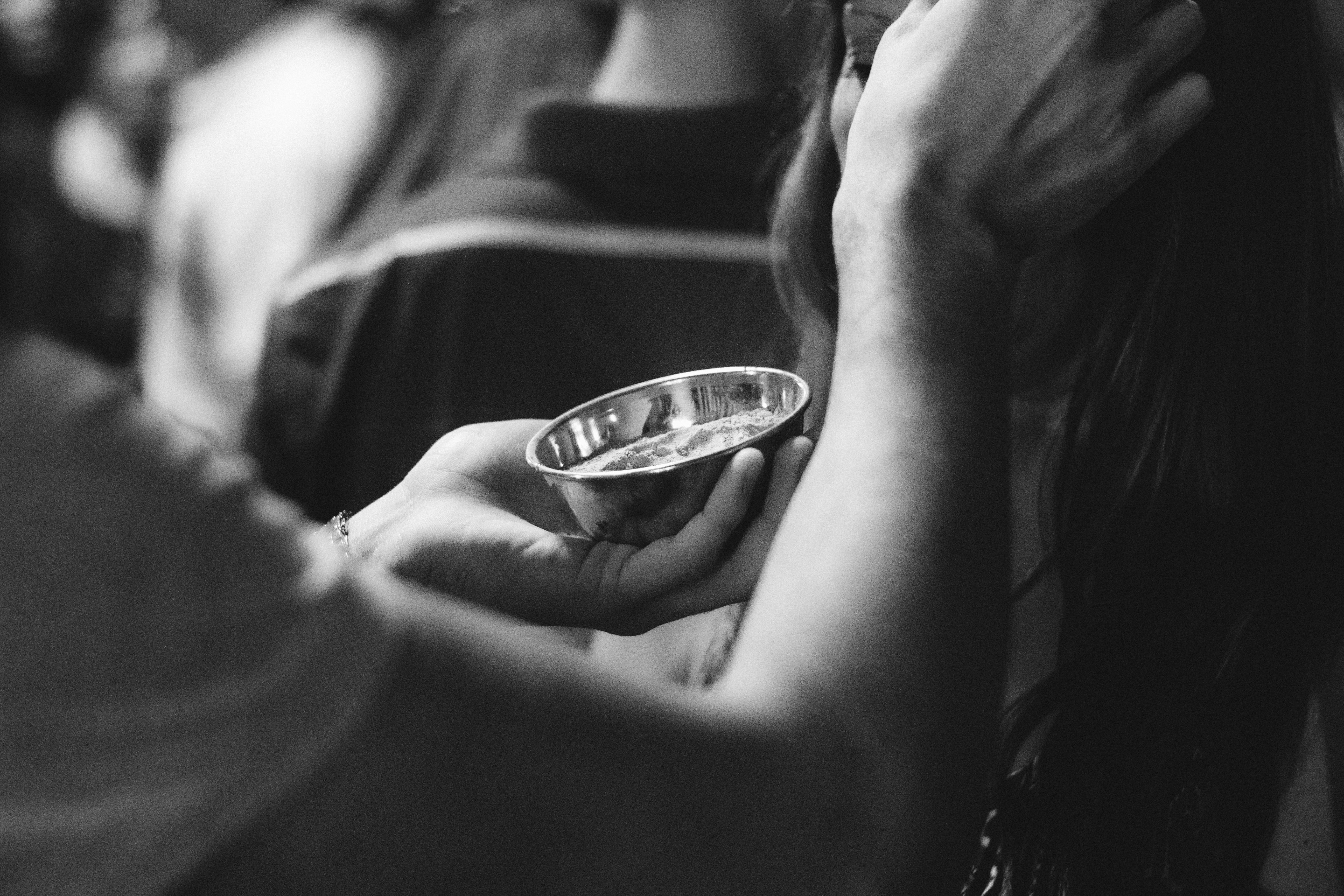
 Dakota currently lives in Denver, CO and teaches English Language Development and Spanish to high schoolers. She is married to the love of her life, Ralph. In her spare time, she reads, goes to breweries, and watches baseball. Dakota’s favorite saints are St. John Paul II (how could it not be?) and St. José Luis Sánchez del Río. She is passionate about her faith and considers herself blessed at any opportunity to share that faith with others. Check out more of her writing at
Dakota currently lives in Denver, CO and teaches English Language Development and Spanish to high schoolers. She is married to the love of her life, Ralph. In her spare time, she reads, goes to breweries, and watches baseball. Dakota’s favorite saints are St. John Paul II (how could it not be?) and St. José Luis Sánchez del Río. She is passionate about her faith and considers herself blessed at any opportunity to share that faith with others. Check out more of her writing at 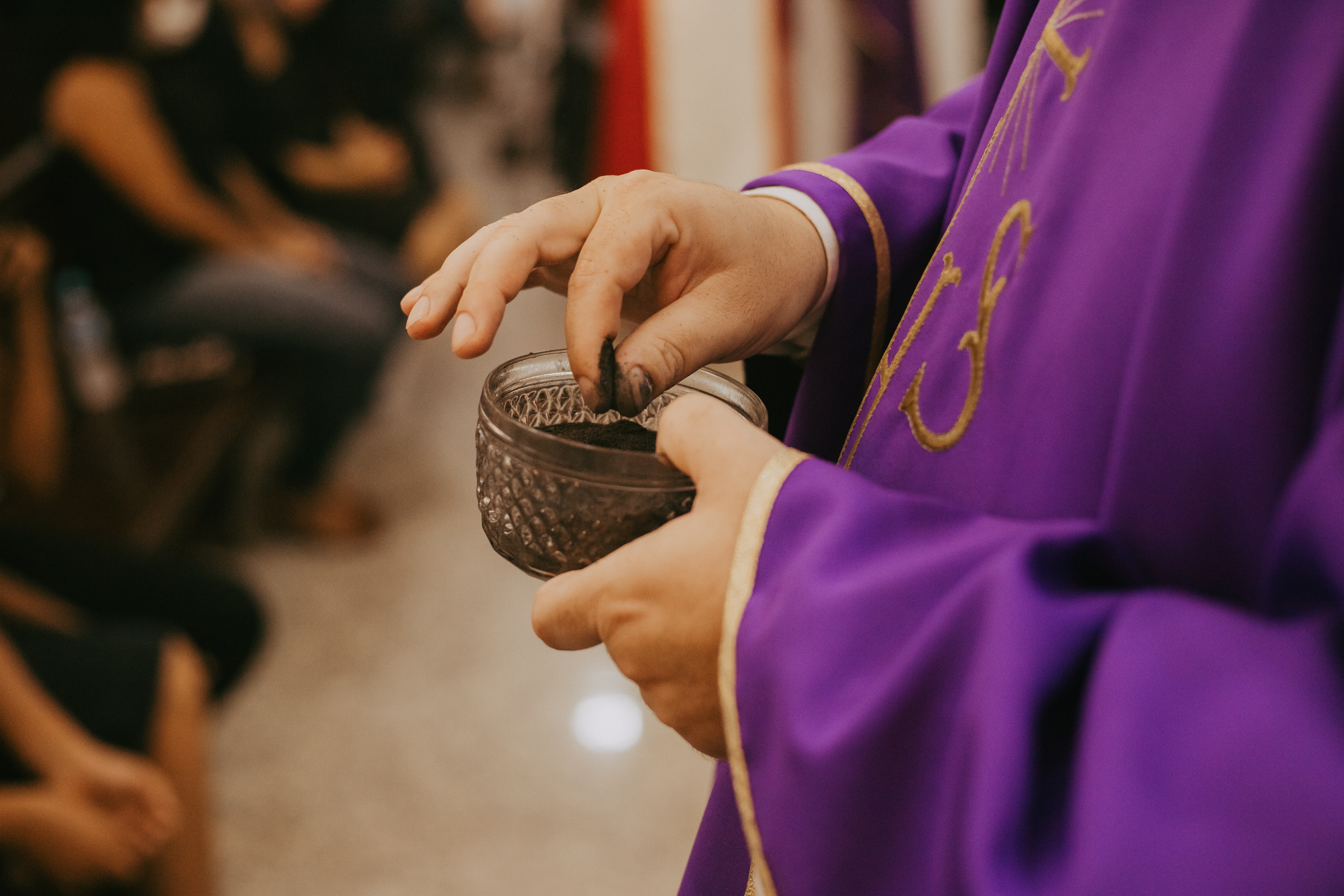
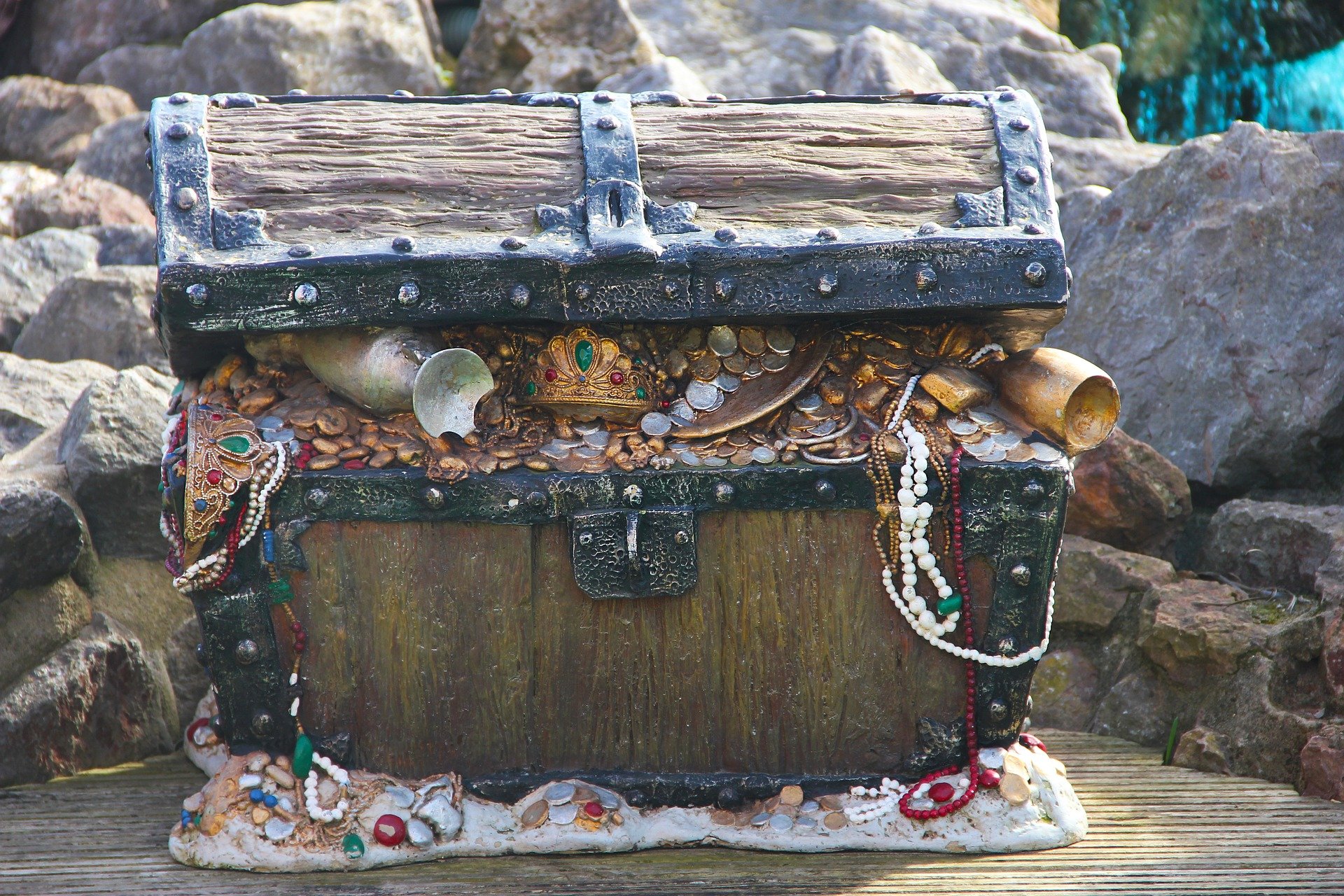
 Leslie Sholly is a Catholic, Southern wife and mother of five, living in her hometown, Knoxville, Tennessee. She graduated from Georgetown University with an English major and Theology minor. She blogs at
Leslie Sholly is a Catholic, Southern wife and mother of five, living in her hometown, Knoxville, Tennessee. She graduated from Georgetown University with an English major and Theology minor. She blogs at 
 Deacon Dan Schneider is a retired general manager of industrial distributors. He and his wife Vicki have been married for over 50 years. They are the parents of eight children and thirty grandchildren. He has a degree in Family Life Education from Spring Arbor University. He was ordained a Permanent Deacon in 2002. He has a passion for working with engaged and married couples and his main ministry has been preparing couples for marriage.
Deacon Dan Schneider is a retired general manager of industrial distributors. He and his wife Vicki have been married for over 50 years. They are the parents of eight children and thirty grandchildren. He has a degree in Family Life Education from Spring Arbor University. He was ordained a Permanent Deacon in 2002. He has a passion for working with engaged and married couples and his main ministry has been preparing couples for marriage.